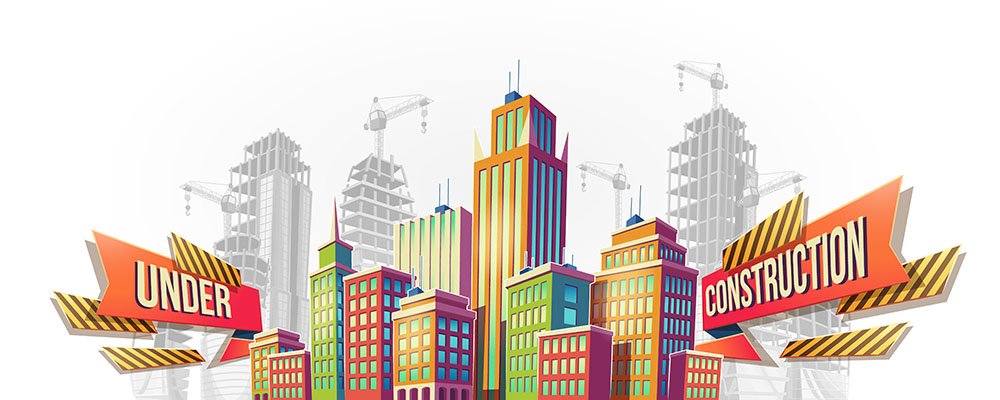Maharashtra cooperative housing societies are on the cusp of significant regulatory changes, with the state government proposing a comprehensive set of draft rules designed to streamline operations, reduce financial burdens on residents, and foster greater transparency. These forward-thinking amendments, as detailed in a recent Hindustan Times report, aim to simplify bureaucratic processes and empower every Maharashtra cooperative housing society to manage its affairs more efficiently.

The proposed revisions touch upon crucial aspects of housing society management, from capping interest rates on member dues to facilitating redevelopment projects and modernizing meeting protocols. Let’s delve into the five key highlights of these anticipated new rules that could reshape the lives of countless members of Maharashtra cooperative housing society across the state.
Maharashtra Cooperative Housing Societies Rules 2025
1. Relief for Residents: Lower Interest on Outstanding Dues
One of the most anticipated changes is the significant reduction in the interest rate levied on members’ outstanding dues. Currently standing at a hefty 21%, the Maharashtra cooperative housing society rules propose to bring this down to a much more manageable 12% interest cap. This move is expected to provide substantial financial relief to residents, easing the burden of late payments and promoting healthier financial management within societies.
Also Read: Maharashtra Housing Policy 2025: A Game-Changer for Senior Living & Real Estate
2. Boosting Redevelopment: Easier Access to Funding
For societies eyeing redevelopment, the draft rules offer a game-changer. Cooperative housing societies may soon be permitted to secure redevelopment loans up to a remarkable 10 times the value of the land. This innovative approach, linking loans directly to land value, is set to empower societies to undertake self-redevelopment projects or negotiate more favorably with developers, accelerating the much-needed modernization of older buildings across Maharashtra.

Also Read: Mumbai-Nagpur Samruddhi Expressway: Revolutionizing Maharashtra’s Real Estate Landscape
3. Embracing the Digital Age: Modernized Meeting Protocols
Recognizing the evolving landscape, the proposed rules embrace technology by allowing virtual participation in annual general meetings (AGMs). This flexibility will make it easier for members to attend, with a quorum now set at the lower of two-thirds attendance or 20 members. Decisions will require a simple majority (51%), and importantly, virtual meetings for redevelopment discussions will be mandatorily video-recorded, ensuring transparency and accountability.
4. Empowering Heirs: New “Provisional Members” Category
A significant step towards simplifying succession and ensuring continuity, the draft introduces a new category of “provisional members.” This allows nominees to exercise voting rights after the death of a member, even before the formal transfer of ownership. This provision aims to prevent administrative delays and ensure that the society’s functioning remains uninterrupted during the legal transfer of property.
5. Fairer Charges & Stronger Funds: Standardized Collections
The proposed rules bring much-needed standardization to how charges are collected and funds are managed. Common service charges will be equally divided among all flats, promoting fairness. Water charges, on the other hand, will be calculated based on the number of taps, reflecting actual consumption. Furthermore, the draft mandates annual contributions to critical funds: a sinking fund of at least 0.25% and a repair and maintenance fund of 0.75% of the building’s construction cost. These measures are designed to ensure long-term financial health and adequate resources for future repairs and upkeep.
“By bringing many clauses that were previously in the bylaws into the new rules, we are giving them legal sanctity,” stated Kiran Sonawane, Deputy Registrar of Maharashtra, to the Hindustan Times. “Once these rules are finalized, we will reframe the bylaws to simplify them further.”
These proposed changes reflect a proactive approach by the Maharashtra government to create a more transparent, efficient, and member-friendly environment for the Maharashtra cooperative housing society. With the finalization of these rules expected soon, residents and managing committees alike can look forward to a more streamlined and equitable future for housing in the state.

